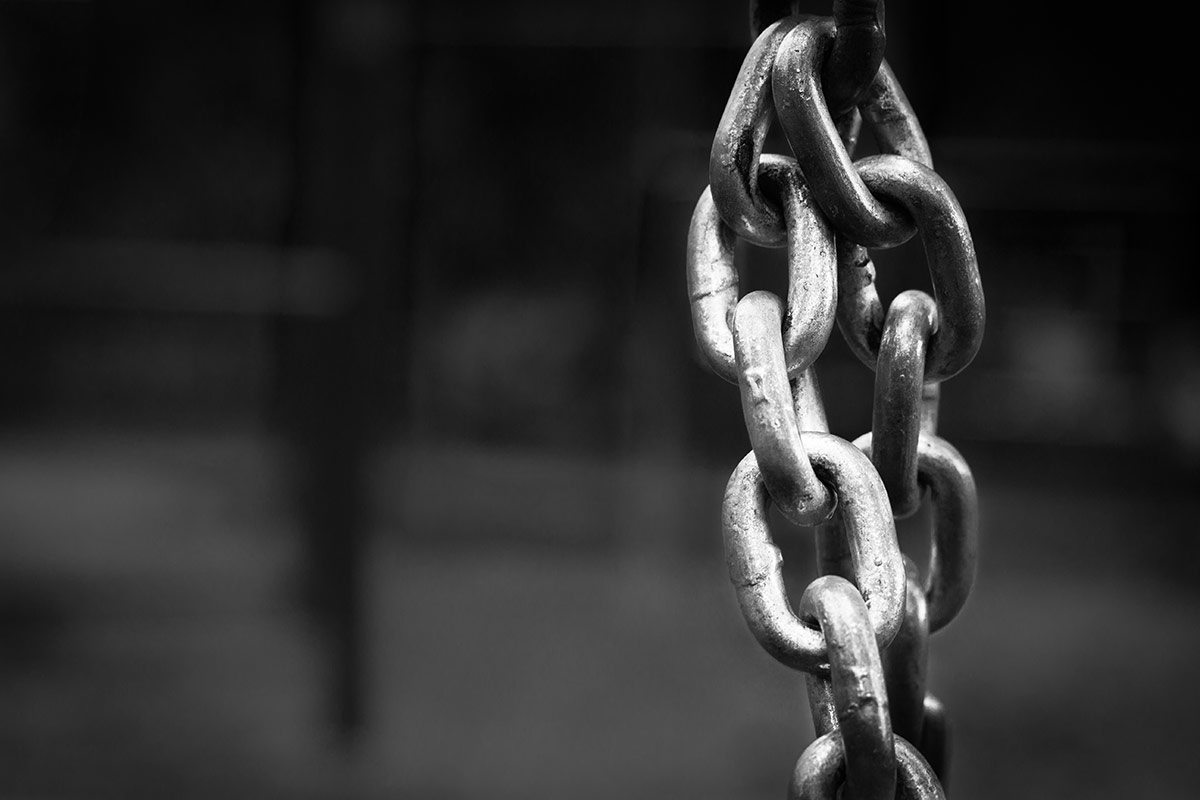Trauma bonds are emotional bonds with an individual that arise from a recurring, cyclical pattern of abuse perpetuated by intermittent reinforcement through rewards and punishments. The process of forming trauma bonds is referred to as trauma bonding or traumatic bonding. Trauma bonding occurs when an abuser repeats a cycle of abuse with a victim which fuels a need for validation and love from the person being abused. Trauma bonding often happens in romantic relationships, however, it can also occur between colleagues, non-romantic family members, and friends.
In an abusive relationship, the trauma bond is an attachment created due to a power imbalance and recurring abuse mixed with intermittent positive reinforcement; in other words, good and bad treatment. The abuser is the dominant partner who controls the victim with fear, unpredictability, and domination. Contrary to popular belief, in most abusive relationships, the victim is ‘addicted’ to the abuser, not even realising they are being abused. The addiction is as strong as any other type of addiction (alcohol, substances, food etc)
When we receive occasional and unpredictable positive, intermittent reinforcement, we actively seek it. Looking for rewards can become addictive, like constantly checking your phone or email. This is how gamblers keep chasing an elusive win to get back their losses, even as they go into debt. Slot machines are programmed to encourage addictive gambling based on this phenomenon.
Gradually, the ‘rewards’ will become fewer and less frequent, sometimes ceasing altogether. But the victim will keep searching, never giving up.
In studies, rats neglected their grooming and other self-care habits but kept pushing the reward lever like a slot machine.
Like the rats, a victim will become accustomed to long periods of not getting their own needs met. Becoming increasingly childlike and dependent on the abuser — watching and accommodating to avoid abuse and to receive the occasional reward.
Trauma bonding is resistant to change. Our brains are wired to attach and if we weren’t taught to self- soothe as children, these bonds aren’t within our conscious control.
Some conditions and signs are:
- A cycle of behaviour that’s hurtful to you, despite your complaints.
- You feel protective of your partner.
- You make excuses for your partner.
- You feel guilty talking about or reporting facts about abuse.
- You don’t want to leave or feel unable to leave. Logic is distorted or is no help..
- You obsess about the relationship or the abuser.
Survivors who were raised in abusive, neglectful or dysfunctional households are more vulnerable to trauma bonding – an abusive relationship may seem more normal and acceptable to them.

